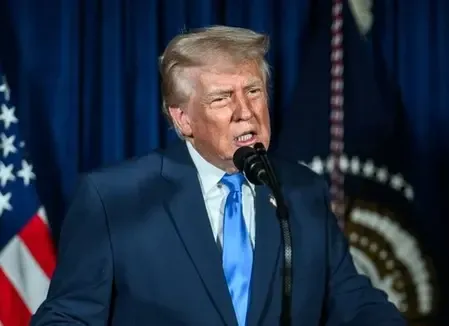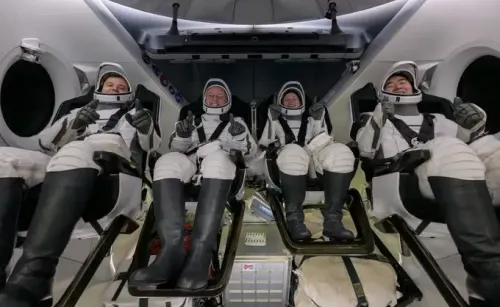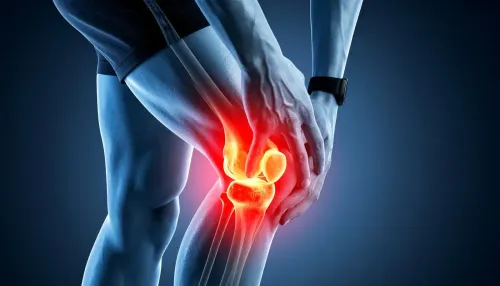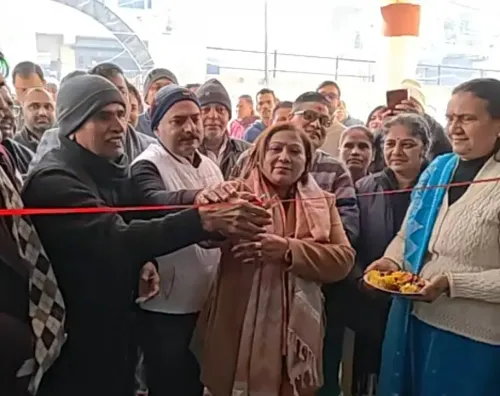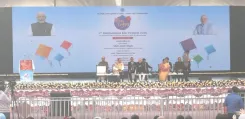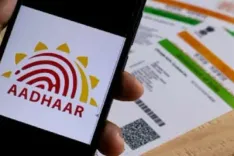Is There a Medical College Scam? CBI Investigates Six Major Bribe Transactions!
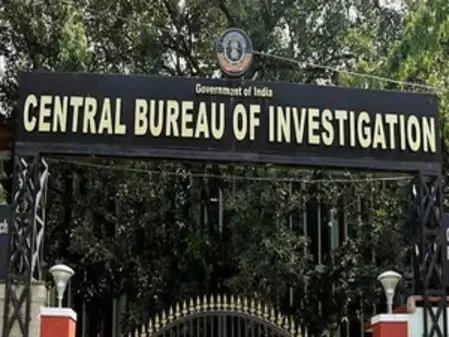
Synopsis
Key Takeaways
- CBI investigates six major bribes linked to medical college accreditation.
- Corruption undermines medical education integrity.
- Over 40 locations were raided across multiple states.
- Numerous individuals, including public servants, are implicated.
- Reforms are crucial to restore trust in healthcare.
New Delhi, July 5 (NationPress) The CBI's inquiry into the bribe-for-medical college accreditation scam has revealed a spotlight on six illicit financial transactions occurring nationwide, aimed at undermining the mandatory inspection protocols that govern medical education, as stated by an official on Saturday.
This scandal has unveiled entrenched corruption within the regulation of medical colleges, with the Central Bureau of Investigation (CBI) apprehending six individuals, including three medical professionals.
The CBI's preliminary report has named 34 individuals, which includes employees from the Union Health Ministry and some unidentified persons in its initial information report (FIR) filed on June 30.
As per the FIR, certain public servants from the Ministry of Health and Family Welfare and the National Medical Commission (NMC) colluded with private entities in a multi-state corruption scheme, prompting the CBI to conduct raids at over 40 locations across Madhya Pradesh, Chhattisgarh, Rajasthan, Karnataka, Uttar Pradesh, and Delhi.
Notable individuals mentioned in the FIR include Jitu Lal Meena, Joint Director at the National Health Authority, Manjappa CN, a Professor at Mandya Institute of Medical Sciences and a member of the NMC inspection team, and Mayur Raval, Registrar of Geetanjali University in Udaipur.
Three inspectors from the NMC identified in the CBI FIR are Dr Chaitra MS, Dr P. Rajini Reddy, and Dr Ashok Shelke.
Key illicit financial transactions, various medical colleges, and intermediaries mentioned in the FIR include:
Shri Rawatpura Sarkar Institute of Medical Sciences and Research (SRIMSR), Raipur: A bribe of Rs 55 lakh was set up for the NMC inspection team prior to a mandatory visit on June 30, 2025. Instructions were given by Dr. Manjappa CN to Dr. Satish to gather the amount through a hawala operator and distribute it among the inspectors, with Dr. Chaitra's portion to be given to her husband. This payment was facilitated by Director Atul Kumar Tiwari and was pre-arranged through information leaked by Registrar Mayur Raval.
Dr. Jitu Lal Meena and Dr. Virendra Kumar: Dr. Meena is charged with taking bribes from multiple private colleges via his associate, Dr. Virendra Kumar, based in Delhi-Gurugram. Funds were transferred through hawala by one Shivam Pandey of Noida and were utilized to construct a Hanuman temple costing Rs 75 lakh in Sawai Madhopur, Rajasthan, with payments funneled through contractor Bhikalal from Dausa.
Gayatri Medical College, Visakhapatnam: Director Venkat paid Rs 50 lakh to Dr Hari Prasad via hawala to resolve a regulatory issue with the NMC, with funds routed through his associate Dr. Krishna Kishore to Dr. Virendra Kumar in Delhi.
Father Colombo Institute of Medical Sciences, Warangal: Fr. Joseph Kommareddy executed two payments — Rs 20 lakh and Rs 46 lakh — to Dr B. Hari Prasad, a resident of Andhra Pradesh, through formal bank transfers to obtain favorable NMC inspections and regulatory approvals, facilitated by associates Dr. Ankam Rambabu and Dr. Krishna Kishore.
Index Medical College, Indore/Malwanchal University: Chairman Suresh Singh Bhadoria reportedly paid officials from the Ministry of Health to leak inspection-related details. His institutions created fake faculty records, manipulated biometric attendance with cloned fingerprints, and issued false degrees and experience certificates in return for significant bribes.
Advance disclosure racket by Ministry officials: Officials from the Ministry of Health, including Ms. Poonam Meena, Dharamvir, Piyush Malyan, and Chandan Kumar, allegedly captured internal documents, photographing them, and shared this content via personal devices with intermediaries like Mayur Raval and Suresh Singh Bhadoria. While specific bribe amounts are not detailed, it is suggested that considerable sums were solicited for these illicit disclosures. Other Ministry personnel mentioned in the FIR include Anup Jaiswal, Rahul Srivastava, Deepak, and Manisha.
Other colleges contacted by intermediary R. Randeep Nair: Utilizing confidential access, Nair approached institutions like SIMSR (Gujarat), NCR Institute (Meerut), and Shyamlal Chandrashekhar Medical College (Khagaria), offering early inspection dates and names of assessors in exchange for bribes. Although individual transaction amounts are not specified, the FIR categorizes these payments as substantial.


